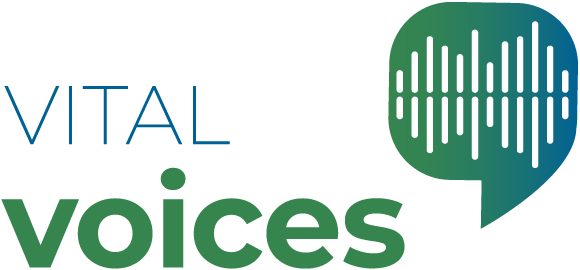Regina’s Story
Name: Regina
Gender: Female
Age: 69
Who is Regina?
Regina lives by herself in Sydney, Australia, and has two children. She describes her ethnic background as ‘New Zealander’: like both of her parents, Regina was born in New Zealand. She is retired and her primary source of income is a social security benefit for people living with a disability.* She says that being cured of hepatitis C is ‘fantastic’.
Brief Outline:
Regina was diagnosed with hepatitis C in 2009 after a blood test for a hysterectomy showed she had the virus. While she was encouraged to have the interferon-based treatment available at the time, she didn’t want it and delayed having treatment for a few years. After learning about the new treatments, she got ‘compassionate access’* in 2011. She was cured of hepatitis C and experienced no side effects while taking the medication. She says that the new treatment is ‘amazing’.
Shortly after returning home from the hospital, Regina rang the information hotline on the letter and ‘spoke to a very nice gentleman’ who gave her information about hepatitis C and treatment options. She then went to the doctor and got a referral for more blood tests, which she says she ‘put off [getting] for about two years’. In the interim, she says, she ‘read everything [she] could […] Googled it [hepatitis C]’ and subscribed to a magazine with stories of people’s lived experiences of hepatitis C.
Regina eventually got more blood tests done through her GP, who then referred her to a liver clinic at a hospital. She remembers that the staff ‘were very nice’ when they sent her for ‘liver scans’. While she got further testing, she didn’t want to have the interferon-based treatment, which was all that was available at the time. As she recounts, ‘[The staff] were all quite stunned [when I said no…] The social worker was going to show me how I could hide [the medication] in my fridge, from the children, and things like that, and I said, “No, no, I’m not taking it” […] I know I used to be an intravenous drug user, but to put a needle in myself now, I couldn’t do it. Yeah, I couldn’t do it.’
Regina was one of the first people to have the new treatment after getting ‘compassionate access’* in 2011. She remembers reading about Harvoni® (a new hepatitis C treatment), then seeing it listed on to the Pharmaceutical Benefits Scheme. She rang the liver clinic to check on access and got an appointment straight away. About her treatment experience, she says she had ‘no side effects’ and ‘it worked and was fantastic. I felt so good. I got out there. I cleaned the whole garden up. You know, it was amazing, it was an amazing drug.’
Reflecting on her experience of hepatitis C cure, Regina says it probably didn’t change much about her life but ‘it was a big relief’.
*Services Australia Disability Support Pension.
*Compassionate access programs make a treatment available to people unable to access it by participating in research such as clinical trials. Compassionate access to the new treatment started in Australia in 2012. The treatment has been available widely since 2016 via the Pharmaceutical Benefits Scheme.
On speaking to close friends about her hepatitis C, Regina (F, 69, experience with new treatment [DAAs]) found out some of them had also had it. She says that even though she doesn’t usually tell other people ‘everything’, it was ‘nice’ to find out that they also know about hepatitis C.
Well, the only people I have told have been close friends, and the interesting thing was, was one of the close friends […] it turns out, he also had hep C, but he got […cured] a long, long time ago with interferon. I told another friend whose husband also has it, but […] I don’t know his story at all […] I think it […] came up in conversation or something along those lines. It wasn’t a ‘Oh, I’m going to disclose this to someone’ [type of moment]. It would have come up in conversation, I think […] They were people my age who lived through the same era, you know, who lived through the same time, so it was the same thing […It was] actually quite good. It’s nice to know that other people know [about it], but it doesn’t really matter to me. You know, I’m not one of these people who’s big on, you know, telling people everything.
For Regina (69, F, experience with new treatment [DAAs]), while being cured of hepatitis C was a ‘relief’, she worries about developing liver cancer in the future.
Yeah, it was a big relief. It really was. All of a sudden, I felt like I wasn’t dying, but of course, there’s always the worry of the ongoing effects. You know, developing liver cancer or something. There’s always that slight worry, but I try not to worry […] I think I’ve got cirrhosis, if I remember [correctly], a bit of cirrhosis, but nothing to worry about. From the minute that I was diagnosed with hep C, I haven’t had a drink, not that I was a big drinker, but I’ve not had a drink of alcohol since.

